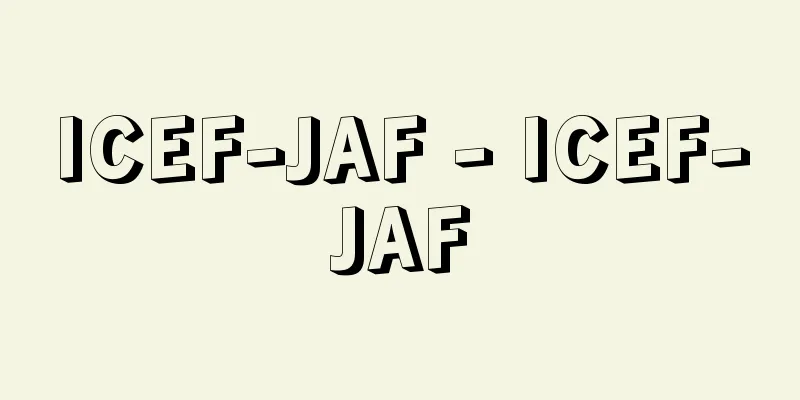Buchner, Eduard

|
Born: May 20, 1860 in Munich Died August 13, 1917. Romanian German biochemist. He studied at the universities of Munich and Erlangen under A. Bayer, and obtained his doctorate in 1888. While studying organic synthetic chemistry, he became interested in the phenomenon of fermentation under the influence of K. Nägeli. He served as professor at the University of Tübingen (1896), the Agricultural University of Berlin (1998), the University of Breslau (1909), and the University of Würzburg (11). Up until that time, there were two views regarding the occurrence of fermentation due to the presence of yeast: one that it was a phenomenon unique to living yeast cells, and the other that it was a chemical reaction caused by a specific substance contained within the yeast. In 1896, Büchner found that the fermenting action was not lost even when yeast was crushed to destroy the cell structure, proving that fermentation is a chemical reaction. He further extracted the factors that cause fermentation from the fermentation, examined its chemical properties, and hypothesized that it was a protein. As a result of this series of efforts, the way was opened for the chemical study of fermentation phenomena, and a new academic field called fermentation chemistry was established. In 1907, he was awarded the Nobel Prize in Chemistry. Buchner |
|
[生]1860.5.20. ミュンヘン [没]1917.8.13. ルーマニア ドイツの生化学者。ミュンヘン,エルランゲン各大学に学び,A.バイヤーに師事し,1888年に学位取得。有機合成化学を研究する一方,K.ネーゲリの影響を受けて発酵現象に関心をいだく。テュービンゲン大学 (1896) ,ベルリン農科大学 (98) ,ブレスラウ大学 (1909) ,ウュルツブルク大学 (11) 教授を歴任。酵母の存在によって発酵が起ることに関して,それが,生きた酵母細胞に特有の現象であるという解釈と,酵母の体内に含まれる特定の物質による化学反応であるとする考え方の両方がその頃まで並存していた。 96年ブフナーは酵母をすりつぶして細胞構造を破壊してもなお発酵作用が失われないことを見つけ,発酵が化学反応であることを立証した。さらにその中から,発酵を行う因子を抽出し,その化学的性質を調べて,それが蛋白質であることを推定した。これら一連の努力の結果,発酵現象を化学的に研究する道が開け,ここに発酵化学という新しい学問領域が成立した。 1907年ノーベル化学賞を受賞した。 ブフナー
|
Recommend
Ibusuki [Hot Springs] - Ibusuki
...A hot spring city in the southeastern part of ...
Righteousness
〘Noun〙① One of the five virtues (benevolence, righ...
Louis‐René Villermé
1782‐1863 A French medical scientist, he establish...
Nasal index - bishisuu (English spelling) nasal index
A term in anthropometry, the ratio of nasal width...
Commelina auriculata (English name)Commelina auriculata
…[Tetsuichi Yahara]. … *Some of the terminology t...
Cozzens, James Gould
Born: August 19, 1903, Chicago [Died] August 9, 19...
Galium
...An annual or biennial plant of the Rubiaceae f...
Miakaira indica (English spelling) Miakaira indica
…[Toru Taniuchi]. … *Some of the terminology that...
Kawafuru [Hot Spring] - Kawafuru
...This refers to hot springs such as Yujiyuku On...
Brugmansia japonica - Brugmansia japonica
...Compared to the two species mentioned above, t...
Insulation material
A material used between two adjacent materials wi...
Gramsci - Antonio Gramsci
Italian politician and communist thinker. Born on...
Coordinate bond
A form of chemical bond when classified superfici...
Percopsidae
…In terms of taxonomy, this group is intermediate...
Trease, G. (English spelling) TreaseG
…Adventure novels also developed through J. Masef...









